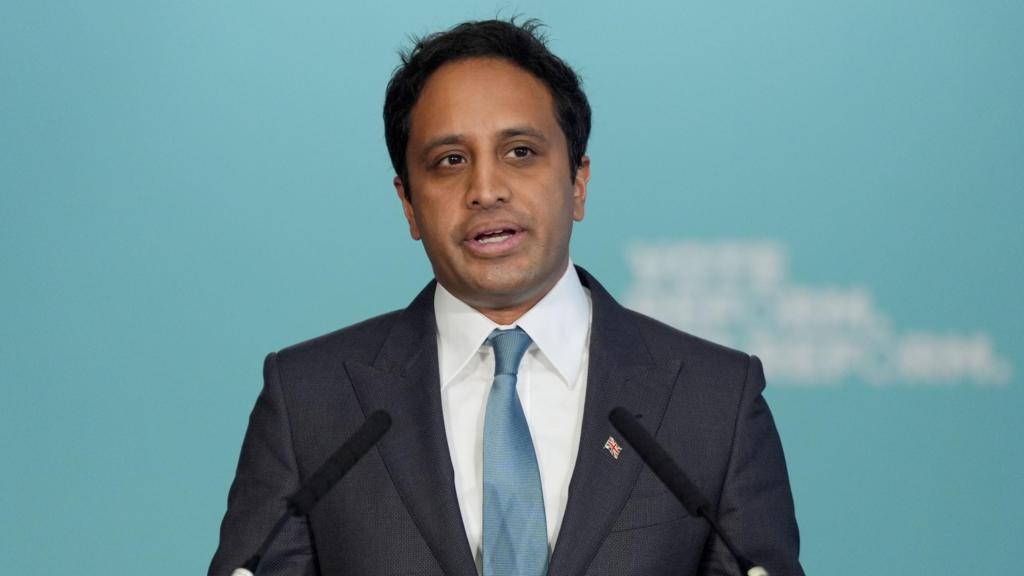Reform UK leader Nigel Farage has announced he has “forgiven” Zia Yusuf following his resignation as party chairman and subsequent criticism of MP Sarah Pochin. Farage stated that while Yusuf’s actions created difficulties, he’s moved on, issuing a simple warning: “don’t do it again.”
Yusuf’s resignation stemmed from his public disapproval of Pochin’s call for a burka ban, which he deemed “dumb”. Initially stating that working for Reform UK was an unproductive use of his time, Yusuf subsequently reversed his decision, accepting a new role within the party.
Farage acknowledged Yusuf’s “intemperate comments,” but emphasized his apparent immediate regret. He described the situation as Yusuf “losing his rag” and causing significant internal challenges.
Yusuf, in a BBC interview, attributed his actions to exhaustion and described the incident as a minor issue. He now heads Reform UK’s new “Doge” unit, a cost-cutting initiative modeled after a similar US government program.
This initiative aims to reduce wasteful spending in councils under Reform UK’s control.
Yusuf cited burnout from his demanding role as chairman, explaining his initial resignation. He attributed his swift return to the party to overwhelming support from Reform UK members and voters.
A significant party donor, Yusuf has contributed over £200,000 to Reform UK. The controversy began when Pochin questioned Prime Minister Keir Starmer about potentially mirroring France and Denmark’s burka bans.
Yusuf’s subsequent social media post criticizing Pochin’s question ignited the situation. While expressing reservations about a blanket ban, Yusuf acknowledged a nuanced position on face coverings in public spaces, citing concerns about assimilation without viewing Islam as a threat to the nation.
The incident also involved Conservative leader Kemi Badenoch, who, while stating individuals should choose their attire freely, affirmed the right of organizations to set dress codes and her own practice of requesting face coverings be removed during constituency meetings.
The Muslim Council of Britain criticized Badenoch’s stance, accusing her of echoing Reform UK’s “divisive rhetoric.”

